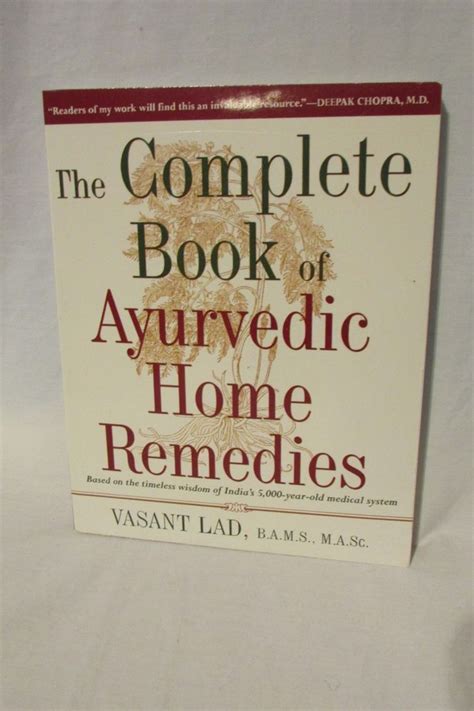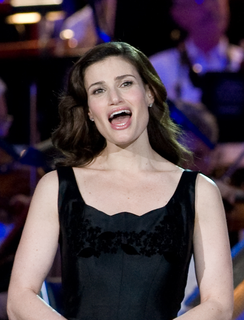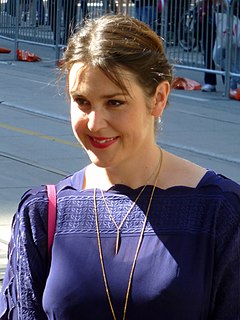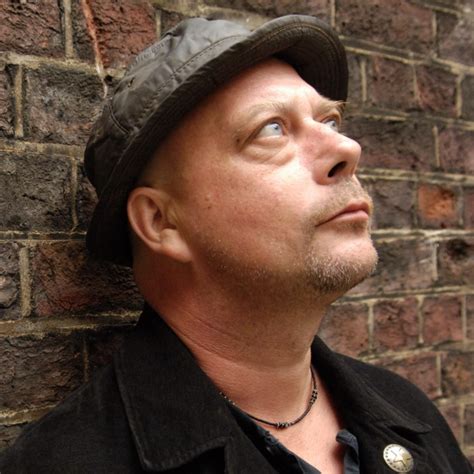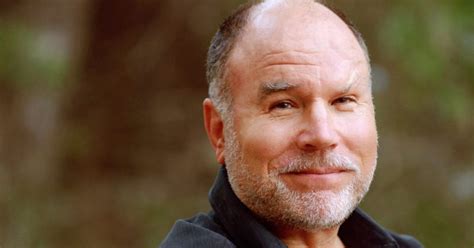A Quote by Jane Roberts
When you feel the rise of unpleasant emotions, take a moment and make an effort to identify their source. The answers are far more available than you may have previously believed. Accept such feelings as your own in the moment. Do not shove them underneath, ignore them or try to substitute what you think of as good thoughts.
Related Quotes
Unlike in school, in life you don't have to come up with all the right answers. You can ask the people around you for help - or even ask them to do the things you don't do well. In other words, there is almost no reason not to succeed if you take the attitude of 1) total flexibility - good answers can come from anyone or anywhere (and in fact, as I have mentioned, there are far more good answers 'out there' than there are in you) and 2) total accountability: regardless of where the good answers come from, it's your job to find them.
...Listen to your own thoughts and feelings very carefully, be aware of your observations, and learn to value them. When you're a teenager—and even when you're older—lots of people will try to tell you what to think and feel. Try to stand still inside all of that and hear your own voice. It's yours and only yours, it's unique and worth of your attention, and if you cultivate it properly, it might just make you a writer.
Performing isn't only about the acrobatics and the high notes: It's staying in the moment, connecting with the audience in an authentic way, and making yourself real to them through the music. I am more than the notes I hit, and that's how I try to approach my life. You can't get it all right all the time, but you can try your best. If you've done that, all that's left is to accept your shortcomings and have the courage to try to overcome them.
My whole effort is how to beautify this present moment, how to make people more celebrating, how to make people more joyous, how to give them a little glimpse of blissfulness, how to bring laughter to their life. Then the future takes care of itself. You need not think of the tomorrow, it comes. It comes out of this moment. Let this moment be of great celebration.
I would then say that there are two kinds of feeling. The first is to feel in the sense of concentrating your emotions on something immediately available for your understanding: you make your understanding out of the emotions you have about it. The second is to feel in the sense of being affected without trying to understand: something is felt, you do not know what, and it is more important to feel it than to try to understand it, since once you try to understand it you no longer feel it.
I feel like any actor should always be thinking about how to serve the story. The thing to be cautious of is trying to make too much of your "moment," or whatever. The story is a lot bigger than you, and you're there to help it along. The thing to think about is whether what you're doing is true to the moment and where the story's going, rather than going, "Here are my scenes. What can I try and do to make the most of them?"
You don't want to block your thoughts, emotions, and so on; nor do you want to chase after them. If you chase after them, if you let them lead you, they begin to define you, and you lose your ability to respond openly and spontaneously in the present moment. On the other hand, if you attempt to block your thoughts, your mind can become quite tight and small.
The moment you frame your own awareness within a second level of self -consciousness is the moment your mind is most up for grabs. ... You're safe because you have an ironic distance from the coercive techniques I'm employing. All of them that is, except this one. Are you on your guard yet? Does it feel good? Of course not.
To me a good book is like a quiet friend—a friend who’s happy to share thoughts and feelings with you, who’s always there when you need them. Best of all, this friend doesn’t have any secrets. They trust you to understand them. They take you to their innermost places. They share their sensations and emotions—and they let you experience them. Wherever you go and however you feel, they are always by your side. For an hour, a day, a week, or forever, their life becomes yours. Their story is your story. That’s the kind of book I’m trying to write.

